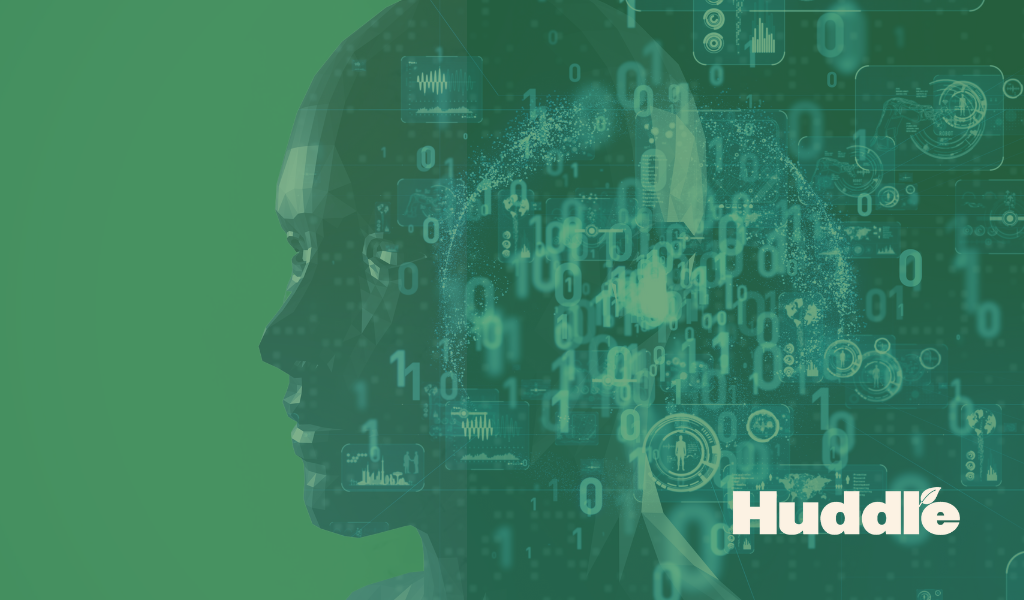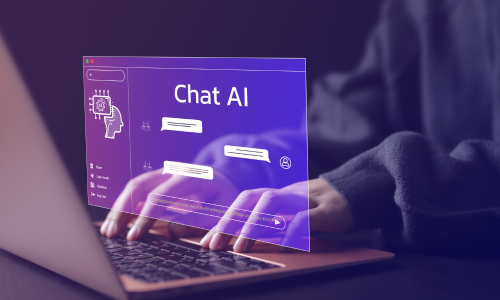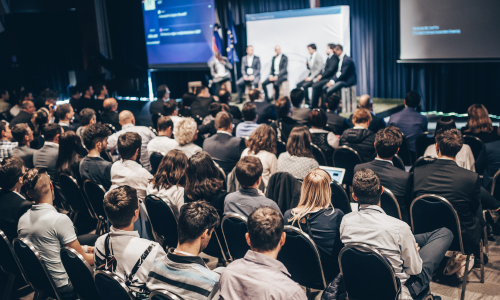
As the events industry continues to evolve, artificial intelligence (AI) is emerging as a game-changing tool for event professionals. In this second installment of our AI series, we’ll explore how to leverage AI technology to enhance the pre-event planning process. From brainstorming to sales enablement, let’s dive into the myriad ways AI can streamline your event preparation and set the stage for an unforgettable experience.
Brainstorming and Planning
AI-powered tools are revolutionizing the way we approach event planning. By analyzing data from past events and attendee preferences, AI can generate innovative ideas that resonate with your target audience. For instance, an AI system might suggest a sustainability-themed conference based on trending topics and previous attendee feedback, complete with eco-friendly workshops and speakers who are experts in green technology.
Venue Sourcing

Finding the perfect venue can be a time-consuming task, but AI makes it a breeze. Imagine asking an AI assistant, “Find venues with ballrooms that can accommodate 300 people in banquet rounds, within a three-hour non-stop flight from New York, and warm in February.” Within seconds, you’ll receive a curated list of options to start focusing on, complete with virtual tours and availability information, saving you countless hours of research.
Scheduling
Creating an engaging event schedule is crucial for success. AI algorithms can analyze factors such as speaker popularity, session topics, and attendee preferences to create an optimal timetable. For example, an AI tool might suggest scheduling a highly anticipated keynote speaker during a prime time slot and distribute popular breakout sessions throughout the day to maintain consistent engagement.
Meeting Management

AI-powered scheduling assistants can significantly reduce the administrative burden of managing meetings during an event. These tools can automatically send reminders to attendees, staff, and presenters, suggest optimal meeting times based on participants’ availability, and even provide real-time updates on schedule changes. Imagine an AI system that notifies a speaker of a last-minute room change and simultaneously updates the event app for all attendees.
Content Creation
AI is transforming the way we create event content. From personalized email campaigns to social media posts and presentation slides, AI-generated content can be tailored to specific audience segments in a way that would have been too resource-intensive before. For instance, an AI tool could create a series of Instagram posts highlighting different aspects of your event, each targeted to a specific demographic or interest group, ensuring maximum engagement across your entire audience.
Audience Segmentation

Effective audience segmentation is key to delivering personalized experiences. AI can analyze attendee data to create detailed segments based on factors such as industry, job title, interests, and past behavior. This allows you to tailor marketing messages, session recommendations, and networking opportunities. For example, an AI system might identify a group of tech-savvy millennials attending your event and suggest relevant networking events or tech-focused breakout sessions.
Localization
Breaking down language barriers is essential for global events. AI-powered translation tools can provide real-time translation services during sessions and interactions, making your event accessible to a broader audience. Imagine a multilingual chatbot that can answer attendee questions in their preferred language or an AI system that automatically translates session descriptions and materials into multiple languages, ensuring all attendees have access to crucial information.
Sales Enablement

AI can be a powerful ally in driving pre-event sales and securing partnerships. By analyzing market trends and attendee data, AI can identify potential sponsors and exhibitors that align with your event’s theme and audience. For instance, an AI tool might suggest approaching a cutting-edge tech company as a sponsor for your innovation-focused conference, providing your sales team with tailored pitches and relevant data to support their outreach.
Event Planning
AI can streamline the entire event planning process by analyzing historical data and industry best practices. This results in optimized event plans that consider complex factors like session duration, speaker availability, and attendee preferences. An AI planner might suggest the ideal number of breakout sessions based on your venue’s capacity and past attendee behavior, or recommend the most effective room layouts for different types of sessions.
As we’ve explored, AI offers a wealth of opportunities to enhance the pre-event planning process. By leveraging these advanced technologies, you can create more engaging, efficient, and successful events. From initial concept to final execution, AI is transforming the way we approach event planning, allowing us to deliver exceptional experiences that exceed attendee expectations.
In our next blog post, we’ll delve into how AI can be utilized during the event itself, further enhancing the attendee experience and providing real-time insights for event organizers. Stay tuned for more innovative ways to incorporate AI into your event strategy!